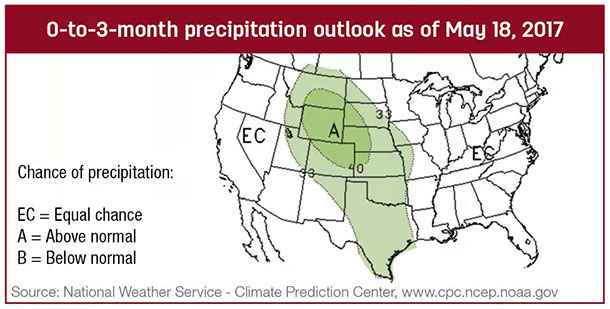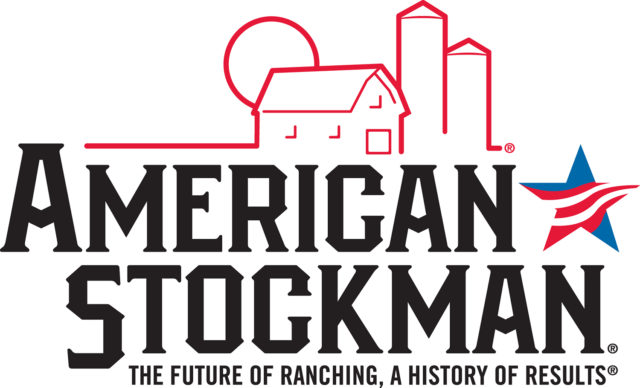However, lactating first-calf heifers have the highest nutrient requirement load along with the biggest stress load. The diet of a lactating first-calf heifer needs to include 10 to 11 percent crude protein and 62 percent total digestible nutrients (energy value). The quality of this diet can change depending on milk production.
This time of year, spring-calving first-calf heifers on warm-season grasses in the South struggle without supplementation, depending on forage quality. Many factors can play into whether and how much those females are struggling.
As this heifer delivers its first calf, the heifer has to deal with the stresses of calving, lactation, continued growth at this point and typically being at the bottom of the pecking order when managed with older cows. These stressors can cause a reduction in body condition, a compromise in pregnancy rates not only this year but the following year and result in poor calf weaning weights.

This time of year, we wonder if we will be dry or have enough moisture to make it through the rest of the summer growing season. During years of less-than-adequate moisture, not only do our mature cows suffer, but our young lactating females receive the brunt of that burden.
So how about giving some relief to those young cows that have given birth to their first calves? Think about early weaning. Early weaning can reduce crude protein requirements by as much as 25 percent, energy requirements as much as 15 percent and forage consumption by as much as 25 percent per head per day.
Removing the lactation stress will reduce that female’s daily dry matter intake and nutrient requirement. In addition, forage quality, in most cases, will exceed the requirements of a dry female, thus increasing body condition over time. As far as reproduction goes, it is imperative we get those young cows in good body condition scores of 5 or better before they deliver their second calves.
Another reason early weaning is beneficial in these younger females is to transition those calves onto a better-quality diet sooner. This will allow the calves’ rumen to develop once they start consuming solid foods and increase the chances of the calves reaching their genetic potential. ![]()

-
Ryon S. Walker
- Livestock Consultant
- Noble Research Institute
- Email Ryon S. Walker







